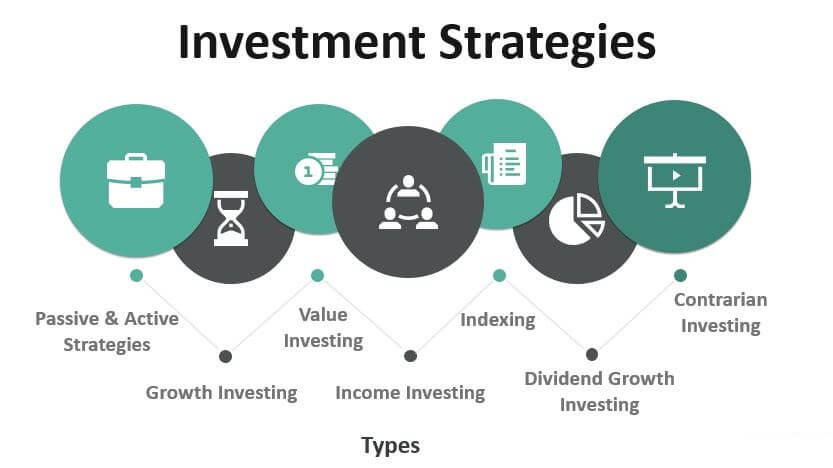What type of trader are you? And how do you normally manage your stocks? Seemingly innocent questions, but while it does matter for the strategy you pursue, there is one common denominator across all strategies that you need to keep in mind: you need to keep track of your investments. Not only to know the value of current holdings but also to validate if the strategy you are pursuing is delivering upon its promise. Having a stock market tracker can help you to understand if your portfolio is moving in the right direction.
Types of investment strategies
When it comes to investing, there are multiple strategies that can be carried out. Next to that, it is possible to have a ‘hybrid’ version between strategies. If you move forward with one or multiple of these strategies, make sure you create separate portfolios in your stock market tracker. By doing this, you can benchmark them against each other and allocate your funds to the strategy that works best.
Value investing
This approach has become well-known thanks to its big advocate Warren Buffett. Value investors are looking for stocks that are undervalued and do so by assuming that the market can at times be irrational. This often translates into demand being higher than the intrinsic value of a stock, but can also open up opportunities to buy bargains. Pursuing this strategy requires you to look at the long-term, sometimes even decades.
Typical indices that value investors look at:
- Russell 1000 index
- S&P 500 Pure Value
- Wilshire 5000
- TOPIX Value
Growth stocks
Instead of focusing on established and under-valued stocks, growth investing focuses on market opportunities. For example, investing in the rise of electric vehicles, solar energy, Artificial Intelligence, and other markets that prove to have huge upside potential. Investors that take this approach believe they can achieve strong gains and are willing to take the risk that comes with it.
Hybrid investment strategies
Investors typically do not focus on a single strategy but pursue a hybrid approach. For example, they have a stake in blue-chip companies while also researching and purchasing growth stocks. This can create a healthy balance in your portfolio. In the end, the risk you are willing to take and the diversification of your portfolio all depend on your available funds and risk appetite.
Expanding your assets with cryptocurrencies
Since Bitcoin’s inception in 2011, cryptocurrencies have transformed the financial markets. Tradeable 24/7, these coins can be described as “growth stocks on steroids”. They are volatile but can offer huge upsides when trading them right. Different from stocks, it helps to be continuously informed about market changes. To do so, a crypto portfolio tracker can help. Such a tracker not only allows you to manage your portfolio, but smart notification algorithms notify you of relevant market trends and fluctuations of your coins. Be aware that these trackers do not allow you to purchase the stocks.
